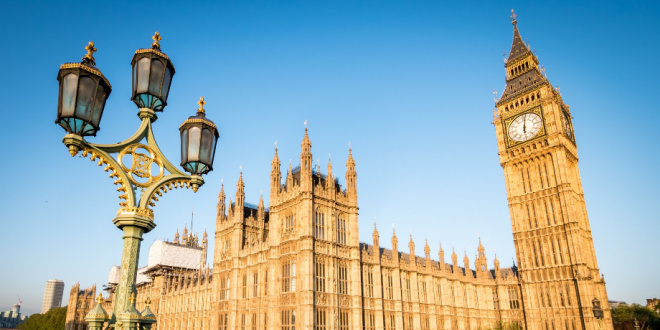The House of Commons Treasury Committee has recommended “treating retail investment in cryptocurrencies like gambling”, due to the high volatility of value changes of cryptoassets and potential for consumers to lose their entire investment.
The recommendation forms part of the Committee’s report evaluating the “potential benefits of cryptoassets and their underlying technology value, and the risk of investment in cryptoassets”.
The evaluation forms part of the UK government’s ambitions and approach to regulating cryptoassets, with the assumed benefit of supporting innovation and safeguarding consumers.
“So-called “cryptoassets” span a wide and rapidly evolving range of digital instruments, although the market continues to be dominated by unbacked “cryptocurrencies” such as Bitcoin and Ether that we do not consider to have any intrinsic value.” – read the Committee’s Summary.
Despite its negative assessment of cryptocurrencies’ value, the Committee maintains that the currencies can produce innovative technologies to benefit financial service and the wider economy, such as lowering transactional fees and improving payment efficiencies with developing nations.
The report cited recommendations put forward by Ian Taylor of CryptoUK, a technology expert who recommended that the government move to “recognise cryptoassets as a new investment class,” rather than to try and classify as a traditional financial investment or in simplistic terms as gambling.
FCA CEO Nikhil Rathi was asked to provide his opinion on whether “cryptoasset speculation can be addictive?”
Rathi responded that while the majority of consumers had invested ‘relatively small amounts’ of money in cryptoassets, some people had lost ‘life changing sums of money’.
Meanwhile, the FCA CEO recognised that the UK government’s financial agencies had “limited controls in place to protect vulnerable consumers’ from risks, scams and dangers of cryptoassets investments.
With regard to public exposure, the committee has raised concerns about the widespread crypto sponsorship in football and the potentially misleading impression of safety it could create for fans.
The committee criticised government plans to “regulate cryptocurrencies as financial services,” warning that it could create a false impression of security for these investments.
The evaluation concluded: “We strongly recommend that the Government regulates retail trading and investment activity in unbacked cryptoassets as gambling rather than as a financial service, consistent with its stated principle of ‘same risk, same regulatory outcome’.”
Trade body CryptoUK issued a response in which it has urged MPs to take a more rounded approach in its assessment of crypto-led benefits, risks and innovations.
Commenting on the consultation, Su Carpenter, Director of Operations at CryptoUK, said: “We believe that a regulatory regime for cryptoassets is key to enabling the UK to be competitive as a destination for the fast growing cryptoasset market.
“We support the ‘same risk, same regulatory outcome’ approach and continued UK commitment to the development and promotion of international standards, given the cross-border nature of the crypto-asset industry.
“We suggest taking a broader view at all of the enablers for the UK to deliver on its ambition to become a global hub for the crypto industry, which includes a proportionate application of FinProm rules to trading venues, addressing concerns of de-banking by the crypto industry and progressive tax policy that addresses the nuances of the asset class.”









